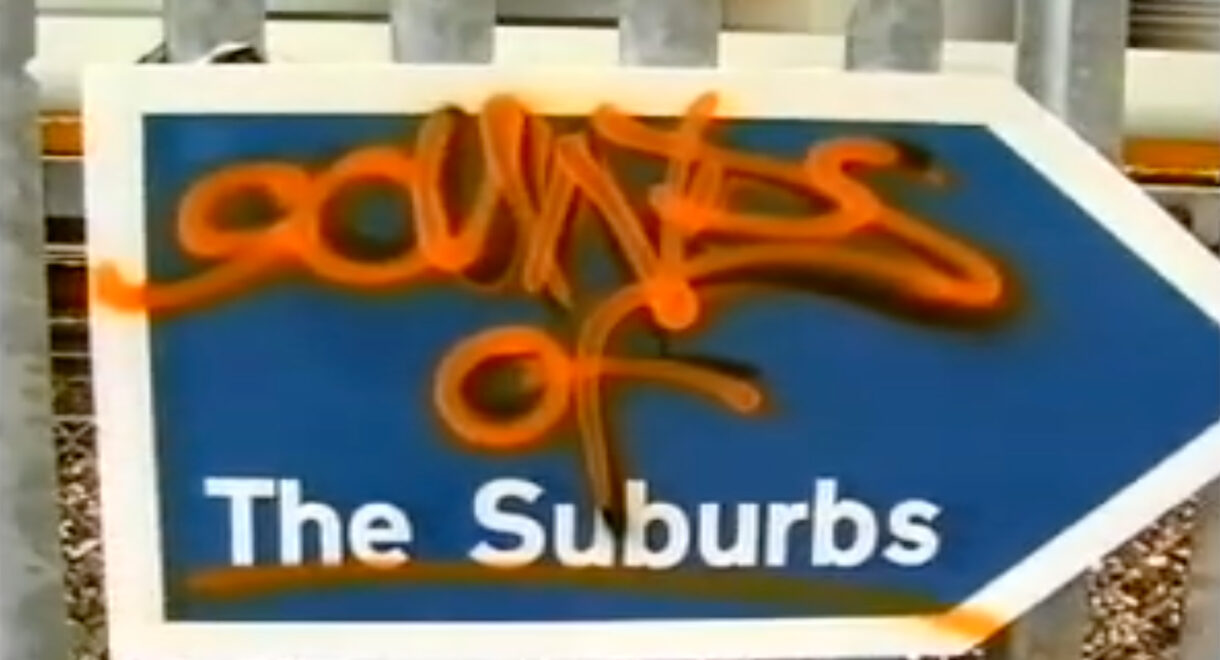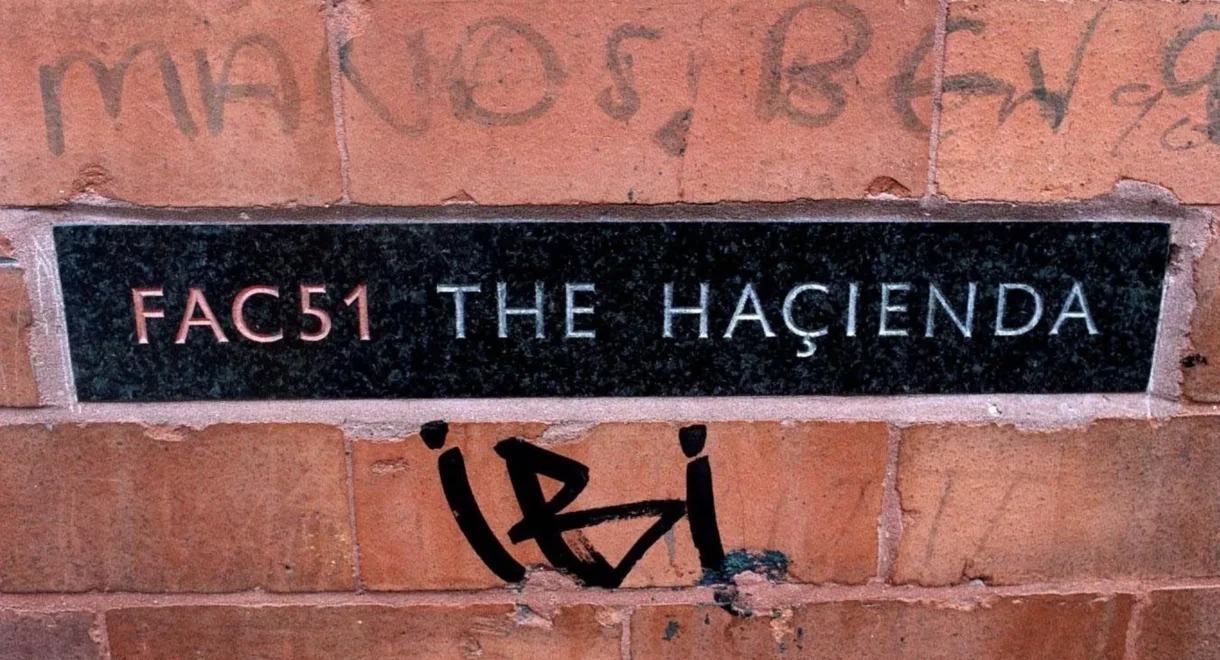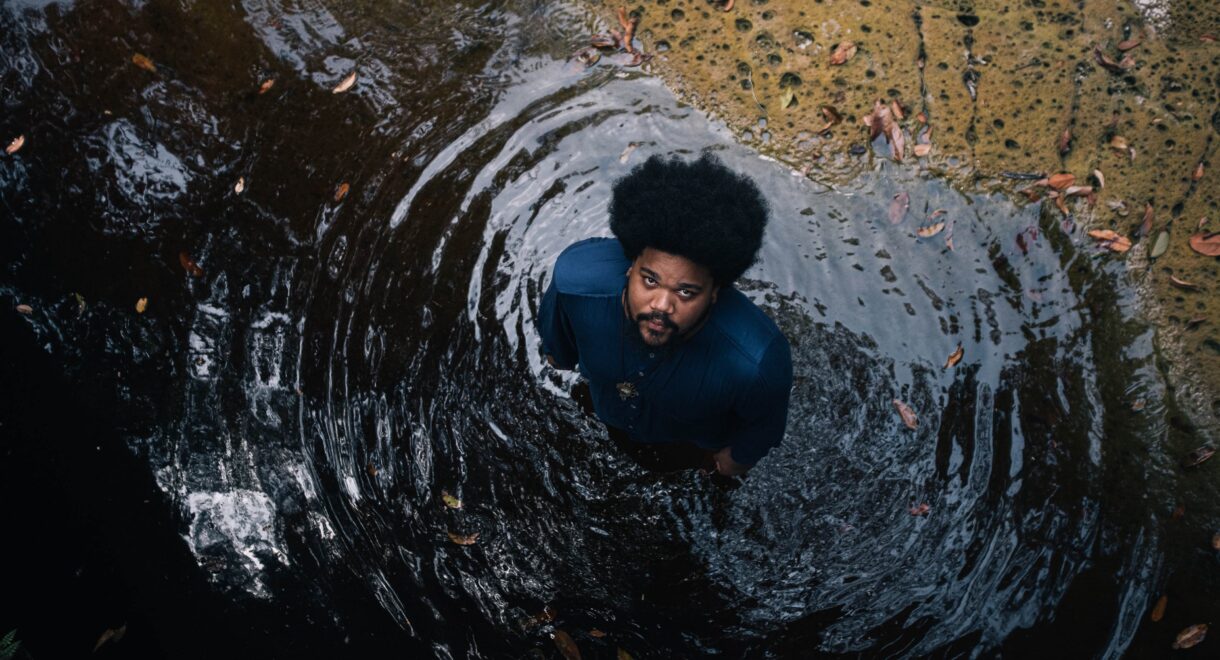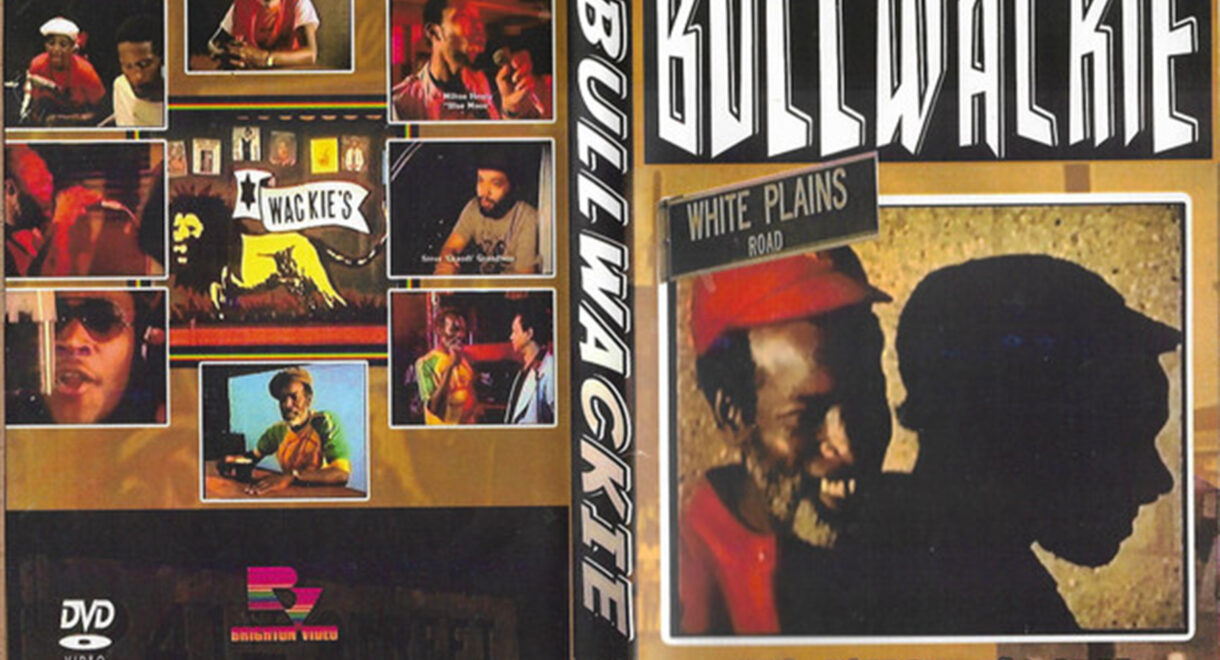A new documentary about the Sun Ra Omniverse is currently in production. Support the Kickstarter today! In partnership with the SUN RA Estate and veteran bandleader, Marshall Allen, […]
Eat the foreigners and use their energy: Watch ‘Tropicalia,’ a vivid documentary about a Brazilian musical revolution
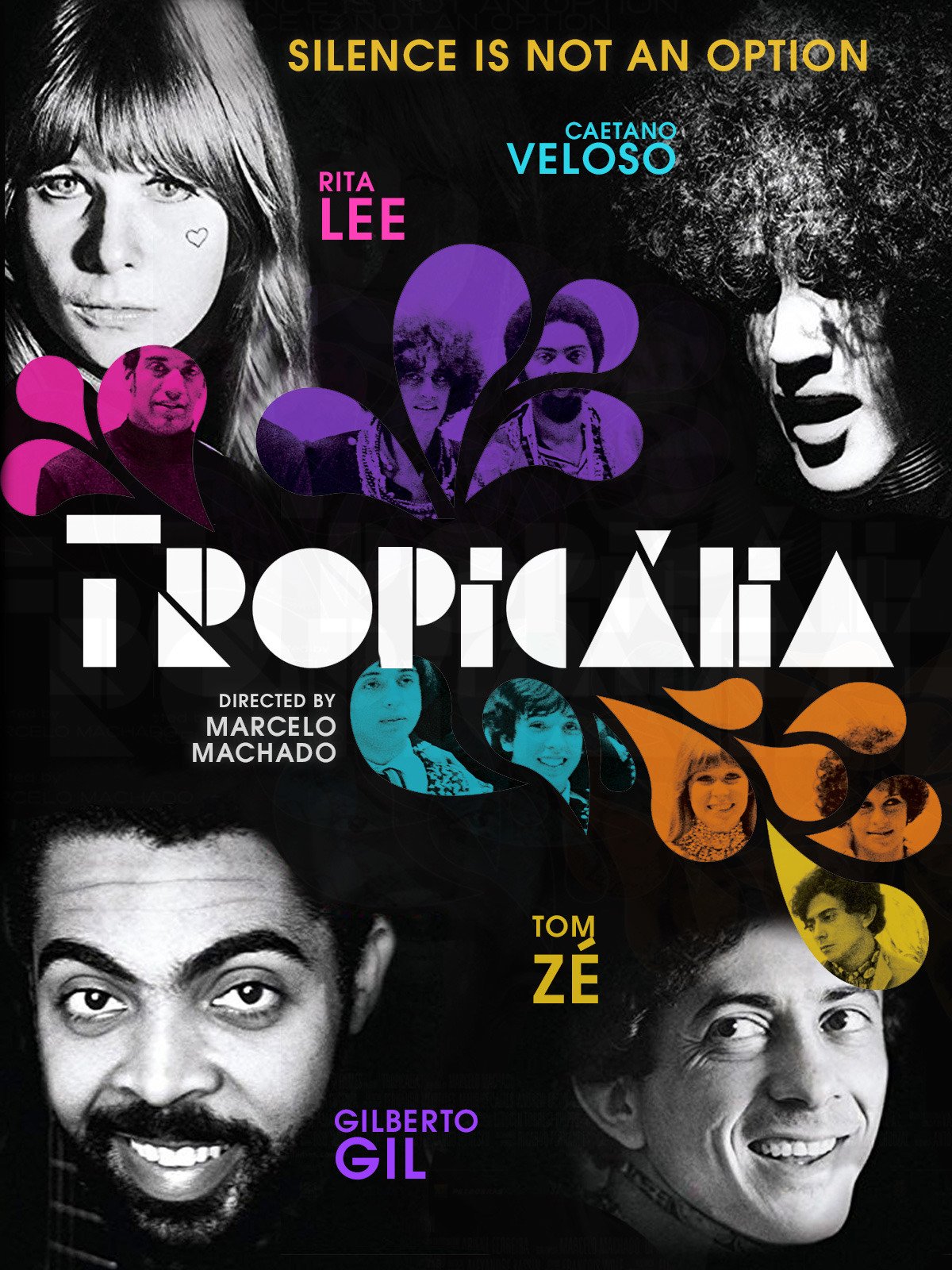
“They were from the left, these kids, but the traditional left didn’t agree with their ideas, and the right neither.“
During an interview with the director Marcelo Machado, whose 2013 film Tropicalia documents the Brazilian tropicalia movement of the 1960s and ’70s, he uses a phrase that captures the essence of the music. Describing its legacy as an inspiration to generations, he praises musicians including Gal Costa, Tom Ze, Caetano Veloso and Os Mutantes for “not being afraid to eat the foreigners and use their energy to build a better way of life.”
He added, “Art inhales us for life and after more then 40 years the tropicalists still do this. They are a source of inspiration for all of us.”
Anyone who can so eloquently convey the tropicalia spirit knows their stuff, and Tropicalia, which just celebrated the 10th anniversary of its release, is an invaluable source of inspiration and information, both on the music and the explosive politics of the time.
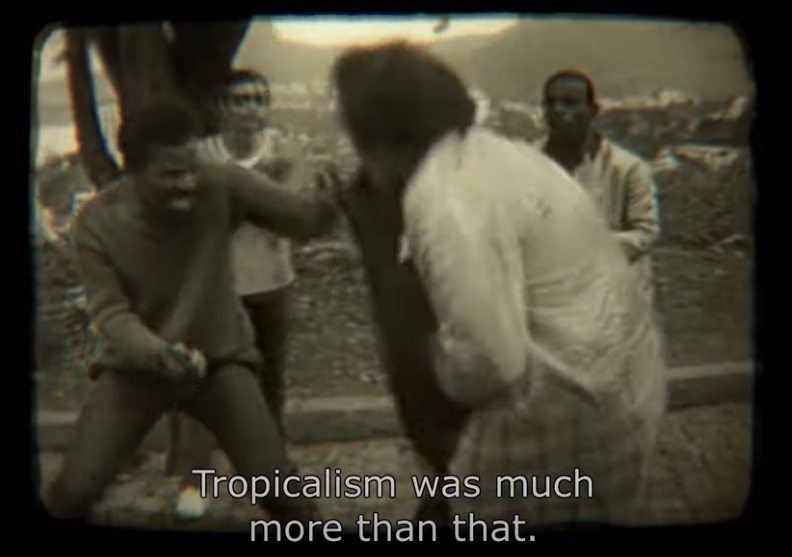
Here’s Machado on the birth of tropicalia:
They were from the left, these kids, but the traditional left didn’t agree with their ideas, and the right neither. They were a counter-cultural movement, against the situation, but not in the way the traditional left was doing. They were not pretending to be leaders of a Brazilian revolution, they were doing music and discussing Brazilian contradictions in this hard political environment, the beginning of the military dictatorship.
The movement wasn’t limited to music. Visual artists, theatre troupes and dancers got involved, too. As these contributions multiplied, they grew into a powerful political force. Machado’s film offers breathtaking images and scenes of this collision.
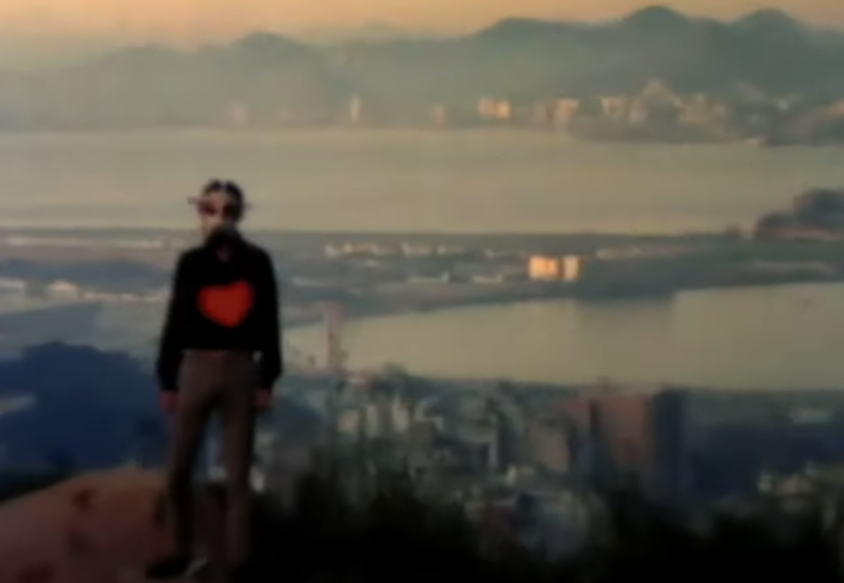
This was the first music that I gave attention to. When I was 10 years old they had this festival on TV [The TV Record Pop Music Festival in July 1967] so I watched Caetano Veloso sing “Alegria, Alegria”, Os Mutantes with Gilberto Gil [singing] “Domingo No Parque”. The first thing that I understand now is that I couldn’t understand the lyrics. At the same time I was listening to The Beatles and Rolling Stones and I couldn’t understand [them] either because it was in English.”
Here’s that Gil/Mutantes performance.
Those who have inhaled and/or eaten up the music of Brazil in the ’60s will get a thrill out of this remarkable film, which is as artfully, thoughtfully crafted as the music it documents. For those who are just learning about the movement, this will deliver repeated epiphanies, and offer countless avenues for future exploration.
Want to dig deeper. Read Tana Yonas’ excellent primer on tropicalia outside of Brazil. It’s a deep dive into the sounds that spread across South America after overtaking São Paulo.
The World Outside of Tropicalia: A Survey of the Psychedelic Sounds of South America





